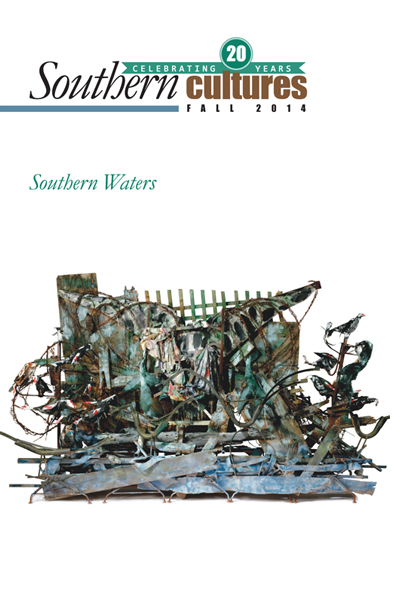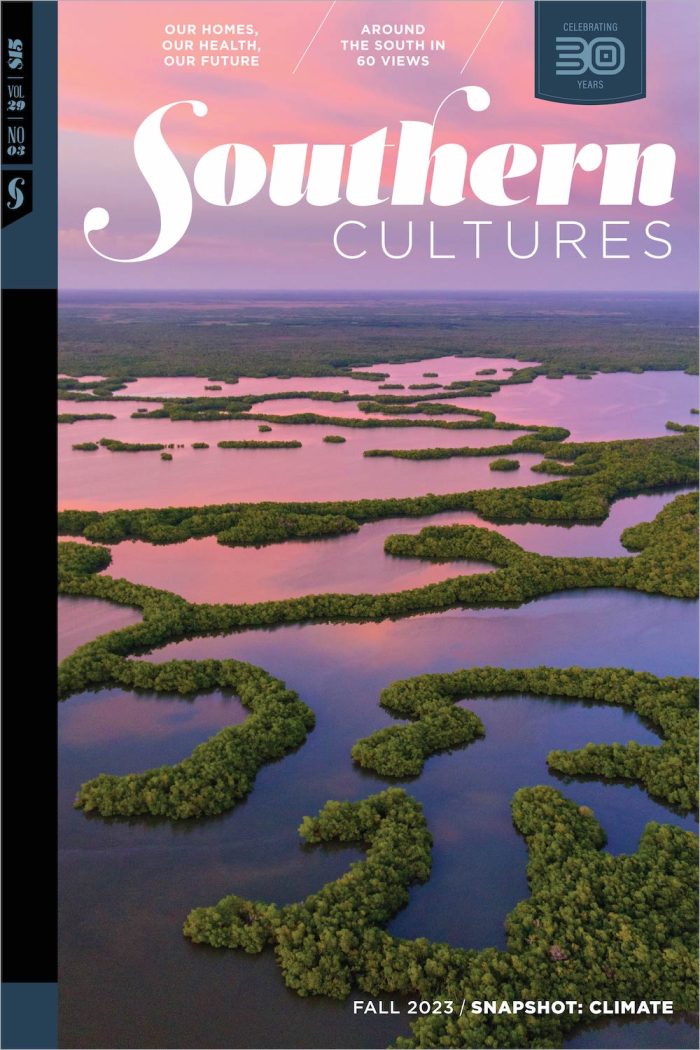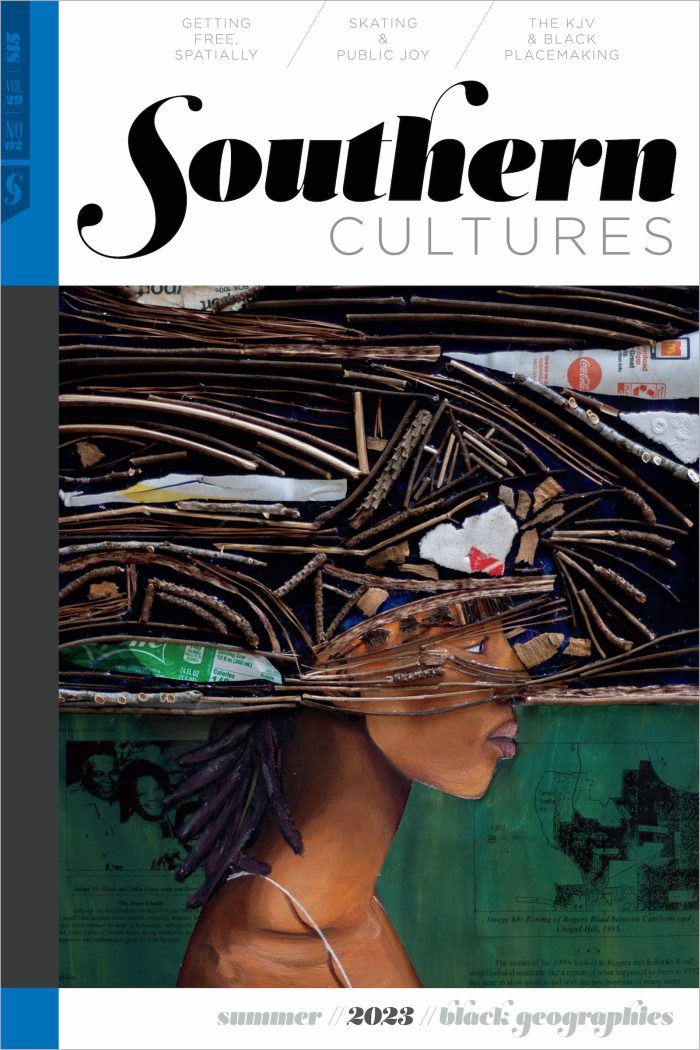BUY ACCESS
by Harry L. Watson
“[T]his issue is about southern water, the vital fluid that shapes its land, contours, and boundaries, brings it life, and makes it livable. An early traveler to Carolina called it a “watry Country,” and so it remains, its liquid and solid selves each depending on the other and each indispensable in giving place its character.” »
Environment
by Andy Horowitz
For the 10th anniversary of the BP Oil Spill and the 50th anniversary of Earth Day, we share Andy Horowitz’s 2014 article, which includes oral histories with those directly impacted by the environmental disaster around Empire, Louisiana. As resident Karen Hopkins told Horowitz in an interview, “Protect what you have while you have it and »
Coastal Development & the Making of the Modern South
by Andrew W. Kahrl
“Call this a first draft of tomorrow’s history of today’s South—one that places the coast at the center of the story and seeks to understand how beaches came to reflect and influence broader changes in the region’s cultures and political economy.” “And everyone that heareth these sayings of mine, and doeth them not, shall be »
BUY ACCESS
by Christopher J. Manganiello
“Whose land was condemned; who was displaced? What did all the shoals look like when the lilies bloomed? And . . . what would it be like to witness the great shad migrations and fishing parties of the past?” For millennia southern marshes, swamps, oxbows, Carolina Bays, steep creeks, mountain bogs, ponds and reservoirs have »
by Bernard L. Herman,
William Arnett
The art works represented here are housed in the Souls Grown Deep Foundation. William Arnett, the Foundation’s founder, assembled the collection over a thirty-year period, during which he travelled throughout the South and interviewed the artists. Arnett selected the artworks illustrated here, offering a commentary on each one in a recorded conversation in 2013. In »
BUY ACCESS
by Bland Simpson,
Ann Cary Simpson
“At every turn in this country, there was a branch, a slough, a poquoson, a swamp, and most of us sensed that we did not simply live near swamp—we belonged to it.” Gaither’s Lagoon, a small, dark backwater off the Pasquotank River in northeastern North Carolina, was less than two blocks from my childhood home »
BUY ACCESS
by Ian Draves
“In May 1933, the United States government enacted legislation establishing the Tennessee Valley Authority. Within several decades, the TVA’s construction of dams in pursuit of its goals transformed a millennia-old network of free-flowing rivers into a chain of slow-moving reservoirs creating a new landscape or, more properly, a new lakescape.” In May 1933, the United »
Photo Essay
Brown's Island Mullet Camp, 1938
by David S. Cecelski
In the autumn of 1938 a photographer named Charles A. Farrell visited a seasonal mullet fishing camp at Brown’s Island, in Onslow County, North Carolina. What he discovered there captured his imagination: a remote hamlet of fishermen’s shanties far from civilization and two legendary clans of fishermen in relentless pursuit of one of the Atlantic’s »
BUY ACCESS
by John James Kaiser
“‘There will be no coal to go in, no ashes to go out, no gas, no soot, no dirt.'” Leading North Carolinians, among them James B. Duke, the fortune behind the American Tobacco and Southern Power companies, crowded into a Raleigh courtroom in November 1920. The state’s Corporation Commission was considering the Southern Power Company’s »
Poetry
BUY ACCESS
by Patricia Smith
Ethel Freeman’s body sat for days in her wheelchair outside the New Orleans Convention Center. Her son Herbert, who had assured his mother that help was on the way, was forced to leave her there once she died. Gon’ be obedient in this here chair,gon’ bide my time, fanning against this sun.I ask my boy, »





